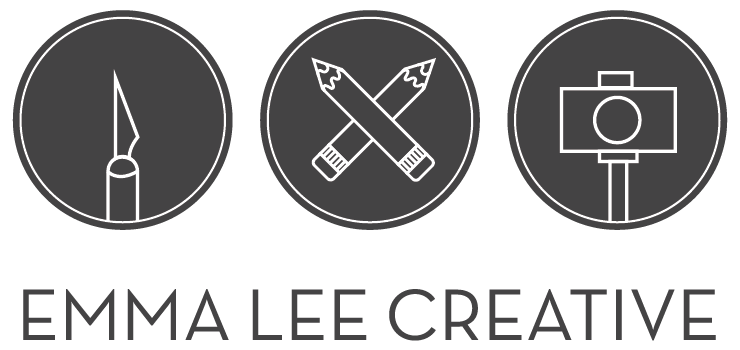There’s a word you constantly hear in entrepreneurship circles: hustle. It carries the connotation of working 24/7, limiting your sleep and always being at work. In American culture, this is something that is held in high regard. To hustle means to forsake self-care, and marry yourself to your work. It means that work is your first priority. Personally, I’m a big fan of the hustle. I believe it’s necessary in entrepreneurship and creative work. But I don’t define it like our culture, and I don’t define it in accordance with the connotation it holds.
Urban Dictionary defines hustle as “To have the courage, confidence, self belief, and self-determination to go out there and work it out until you find the opportunities you want in life.” I think this definition gets closer. It’s about what’s inside you: courage, confidence and determination, but it still puts the job first. It still makes getting “the job” the main goal. (this is stated in the example). American culture is very work-centric. We hold our jobs with such reverence in our minds that other things don’t necessarily get sacrificed, but they are pushed down the priority list. The question I have is what are the opportunities we are “hustling” for?
People enter the entrepreneurial arena for many reasons: control of their own schedule, the comfort of working from home, being your own boss and escaping burnout. What many people realize but don’t plan for is the fact that running your own business is far more work than the 9-5 in terms of hours. Our work is never finished, but when it’s your own business, it’s called hustle. We work ourselves to the point of exhaustion and one of the things that puts an end to many people’s pursuits is the same burnout that led them out of their cubicle. Many just chock it up to the fact that it’s “the grind,” the “hustle,” and that its the nature of the work, and that it’s not for everyone. This is very true to an extent, but the problem may also lie with how they define hustle.
The only reason I’ve been able to stay in the game for 3 years is because I’ve learned my limits, and learned to set limits. I know how much sleep I need, I know what burnout feels like, I know how my mental health factors into it. I had to redefine hustle. Hustle could not mean working myself into a mental breakdown. I had to define it in a way that made room for rest, recovery, and self care. I had to hustle with boundaries, not only with other people but with my work. Hustle to me now means giving 100% to my work hours, but also giving 100% to rest, to my spiritual life, to my social life, and to my mental health. It means prioritizing rest. Hustle is not for the sake of hustle. Hustle is a means to how you want to spend your life.
I got where I am today because in 2009, I moved to Kentucky to climb. I wanted a job that would allow me to climb and travel as much as possible. Climbing is one of my whys. My other why is my faith. I want to be as available as I can to serve and love other people, and be available to the things God has called me to. I can’t always do that with a traditional job. This means how I define hustle, must make room for these things. There has to be room for my spiritual life. There has to be room to work on my mental health, and time and energy for self care.
A day in the hustle of Emma Lee Creative starts with waking up naturally and getting out of bed at maybe 9:30am. I have breakfast, start my work day, have lunch, maybe take a nap, work, dinner, work, and I end the day with watching The Daily Show. This allows me to rest when I need to rest, and still get everything done. I try not to schedule more than four meetings a week, and never more than two on the same day. I give myself plenty of time to meet deadlines. I set weekly goals, and have a weekly schedule as well as a daily list and running list of everything I need to get done. I have learned that your spiritual health cascades down to your mental health which rolls down to physical health which in turn, affects the people around you, your social health. Really what I’m doing is establishing a healthy balance between my work life and my personal life, a.k.a work-life balance. So many entrepreneurs try to grind out 70 hours per week and end up burning out. I sometimes grind out 50, but most of the time I don’t need to. Why work 50-70 when you can accomplish everything you need to in 30-40?
